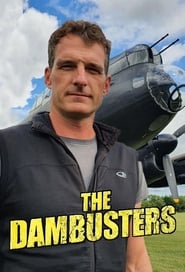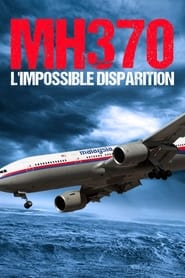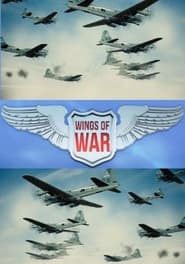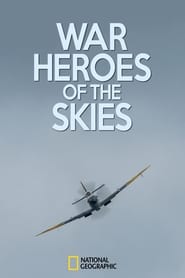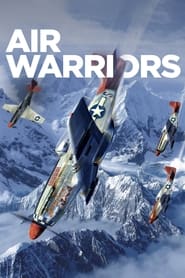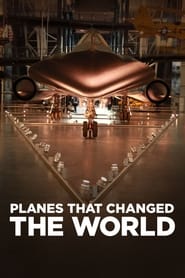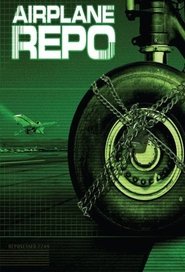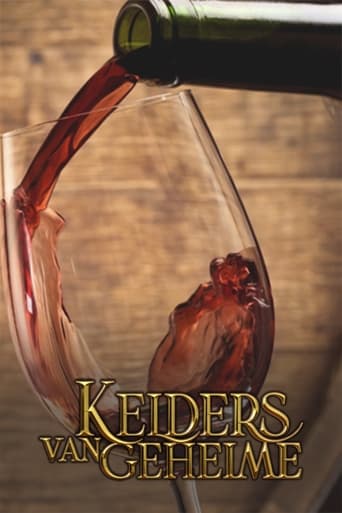
Great Planes - Season 1 Episode 8 PBY Catalina
The wings were of taut canvas covered with dope. The wings were thick to provide lift and carried thousands of gallons of fuel, providing long range and flying time, exactly the requirement for a reconnaissance aircraft. Range could be increased to 4,000 miles by cutting one engine.
The metal fuselage had to be unusually strong because every marine take off and landing bounces the ship around and stresses all the joints. The result was a sleek hull that was an airplane on top and a boat on the bottom. The initial Navy order was for 60, in 1936, and they were called PB-Ys -- "PB" for patrol boat, "Y" for Consolidated.
When war broke out the British bought them and called them the Catalina. The name stuck. They were used in every theater of the war and in every imaginable role. One even managed to launch torpedoes at the Japanese fleet during the Battle of Midway.

 Download 4K
Download 4K Download 4K
Download 4K Download HD
Download HD Download SD
Download SD Download SD
Download SD Download SD
Download SD

